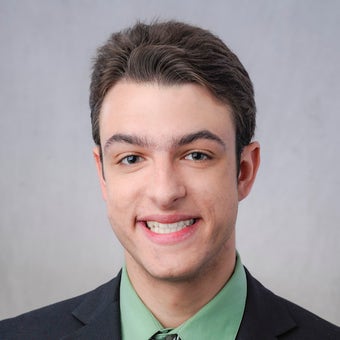Crime increases amid defund the police movement
Former NYPD Lieutenant Darrin Porcher discusses the push to defund the police on 'America Reports'
The Salt Lake City Police Department is struggling to fill spots amid an officer exodus.
Chief Mike Brown told the Salt Lake City Council on Tuesday that 15 officers are leaving to work for the new Taylorsville Police Department and that the agency is having trouble filling training classes, leading to slower response times.
KSTU, the Fox-affiliated TV station in Salt Lake City, reported that, as of May 26, SLCPD was understaffed by at least 77 officers, not including the Salt Lake City International Airport. The outlet reported that about 24 potential officers are currently going through the SLCPD training academy, which takes approximately 10.5 months to complete before being allowed to patrol the city.
‘NO SURPRISE’ DEFUND POLICE MOVEMENT CAUSING OFFICERS TO LEAVE PROFESSION: CALIFORNIA SERGEANT
Salt Lake City Council member James Rogers said during Tuesday's meeting that he believes higher officer salaries would help boost morale.
"I’ve never seen the police department in such bad shape, to be honest, ever," Rogers said. "In my opinion, they should be paid 100 percent of what the market is. That’s just me, personally. I know we have ongoing negotiations."
The two-term councilman noted that when "you take care of your employees, they’ll take care of you." If the police feel as if they are being supported said Rogers, "they’re absolutely going to go out and do their job 100 percent."
Joe McBride, president of the union representing SLCPD officers, told the station that he agreed that a lack of morale is the reason so many officers have left.
"We would like to see a much more vocal and involved leadership," McBride said. "One that is clearly in support of their officers when those officers are doing what’s right."
The police union has reportedly been frustrated with Brown, who they claim has not done enough to publicly or privately support his own officers. A representative for the Salt Lake City Police Department did not immediately return FOX News' request for comment.
CLICK HERE TO GET THE FOX NEWS APP
According to a review of SLCPD response time data by KSTU last month, the slowest average response time for Priority 1 calls, which are described as "crime in progress", was 18 minutes, 36 seconds in August 2020. The slowest average response time for Priority 2 calls, the second-most urgent calls fielded by law enforcement, was 31 minutes, 52 seconds in October 2020.
Meanwhile, the fastest average response time for Priority 1 calls was 7 minutes, 31 seconds in November 2020 and the fast average response for Priority 2 calls, was 11 minutes, 3 seconds in April 2020.
While average response times are significantly slower than the department would like, the SLCPD believes the data has improved over the past few months due to fewer calls for service, fewer protests, and more officers getting COVID-19 vaccinations.
"We need to do better," Sergeant Keith Horrocks told the Fox affiliate, "But I think we are getting to that point … These are folks that are in crisis, and they need help."
Salt Lake City Mayor Erin Mendenhall added that she was encouraged to see the latest average response times are not as bad as they were a few months ago.
"There's absolutely room for us to improve," Mendenhall told the outlet. "So we’re going to keep restock, grow our department...There has never been a more compelling time to be a public servant than there is now."


